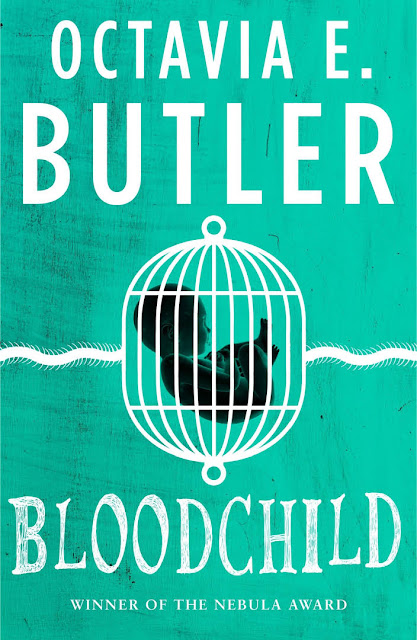Ready Reader One
Sets
radio to Duran Duran.
That’s better. In Ernest Cline’s novel, Ready Player One, people across the
world escape online into the OASIS, created by the 80s loving James Halliday.
Aside from our rapid developments in virtual reality, the characters’ daily
lives differ from ours, but the book has many themes that resemble our reality.
The fact that the first gate is hidden on Ludus, an
educational planet where the poorest of OASIS users could stumble across it,
shows that Halliday placed an emphasis on learning and purposely made it so
that anyone could win his prize, regardless of status. Frustratingly, Parzival had
enough knowledge to smoke other avatars, but, until he found the first gate, he
couldn’t do anything with it.
IOI, which tries to win the contest through cheating
and even murder just to monetize Halliday’s creation, clearly represents
corporate America and the drunken greed of those with too much power.
You don’t have to be a pro at video games to get
Cline’s message. I’ll be the first to announce that I’m terrible at video games,
but Cline wrote Ready Player One in a
style that was accessible to nubes like me. It was partly because of the pop
culture references, but also due to the world-building. The book sucked me in
like people into the OASIS.
Writing a book about futuristic technology but
infusing it with 80s references makes it accessible to multiple generations of
readers. Halliday’s obsession with his youth could also connect to one of the
larger themes of the book. Is the world better off with the OASIS?
Yes—as long as people don’t forget to live in reality
every once in a while. Technology simultaneously connects and isolates us.
I don’t want to make a habit of connecting every book
I blog about to the current situation, but I almost didn’t believe my eyes when
I read the section where Parzival doesn’t leave his apartment for 6 months.
Technology, now more than ever, is helping us stay connected and isolated.
Additionally, the book creates an awesome sense of
competition between the characters over Halliday’s Easter Egg and a sense of
anxiety in the reader. Even early on in the book, between Art3mis and Parzival,
I was forcing myself not to flip through the pages to see who would take the
lead.
In turn, the book has messages about collaboration.
The High Five work hard to remain solo until IOI becomes too out-of-control,
and, in the very end, when Parzival tells them he will split the prize money whether
they help him or not.
Being independent is freedom, but working with others,
finding a family to support you, will help you succeed as well.
The stakes are high, and that’s what makes the payoff
even more satisfying when Parzival grabs the Egg. But the real prize reveals
itself in the last sentence, when Parzival states that, for the first time,
he’d rather be in the real world than in the OASIS.



Comments
Post a Comment